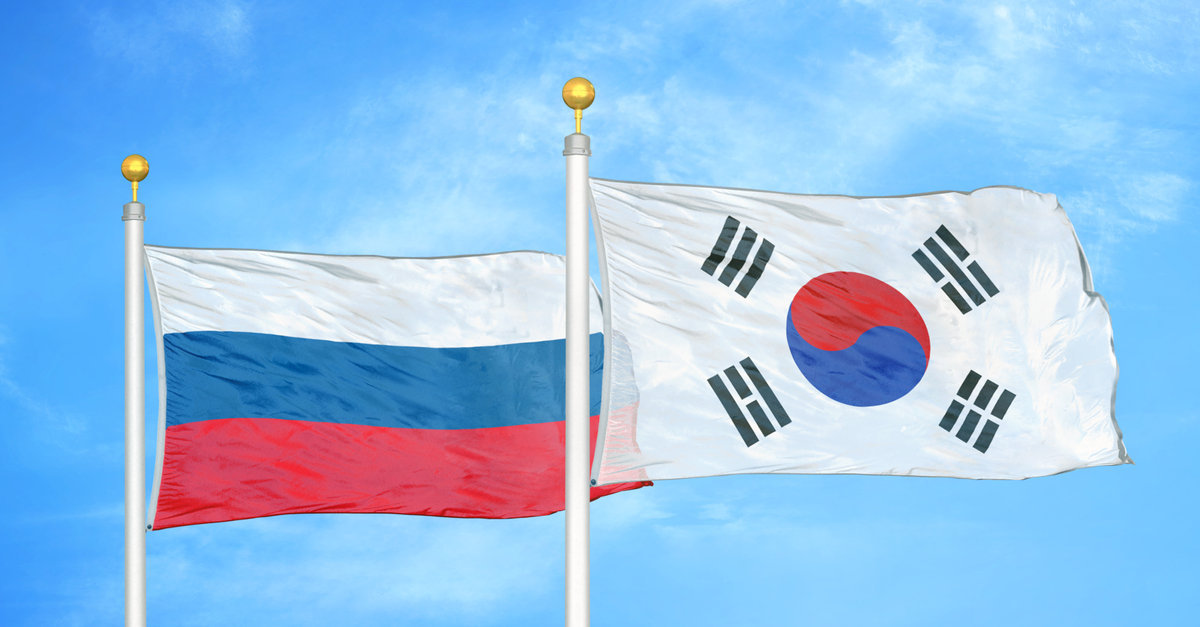 |
(123rf) |
South Korea has asked for Russia's cooperation to ensure the stable supply of urea, grain and other major items amid Russia's export quotas, Seoul's finance ministry said Wednesday.
Finance Minister Hong Nam-ki made the request Tuesday during a virtual South Korea-Russia joint committee meeting on the economy, science and technology with Yury Trutnev, Russia's deputy prime minister and presidential envoy to the Far Eastern Federal District.
During the video conference, Hong asked for the smooth shipment of urea from Russia that South Korean firms have already signed purchase contracts for, though Moscow began imposing export quotas on nitrogen fertilizers, including urea, in December, according to the Ministry of Economy and Finance.
South Korea has experienced a supply shortage of urea, a key material needed to make a fluid for diesel cars to cut emissions as well as to make fertilizers, since China's exports curbs in October, and has since been working to diversify its import channels.
Hong also explained that South Korean firms operating in Russia have had difficulties over Russia's extended export quotas and taxation on wheat and other grain items, and asked for minimizing restrictions, the ministry added.
Also on the table was the potential construction of an industrial complex in the Maritime Province in Siberia.
Hong and Trutnev agreed to push for holding a groundbreaking ceremony for a complex next year, which is expected to help the regional development and South Korean companies' advance into the market, the ministry said.
They also discussed ways to support Korean medical institutions in making inroads into Russia, it added.
"Russia is South Korea's No. 1 cooperation partner for the country's New Northern Policy. We will continue to boost bilateral economic ties based upon the 'nine bridges,'" Hong said, referring to their cooperation plans in nine major sectors including energy, infrastructure, shipbuilding, agriculture and innovative platforms.
Launched in 1997, the committee has served as a high-level regular communication channel between the two nations to discuss a wide range of trade, economy, science and technology issues. (Yonhap)








